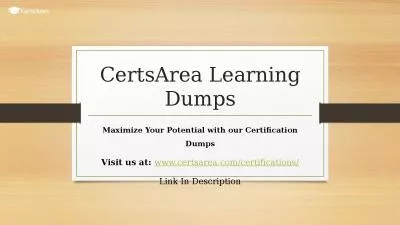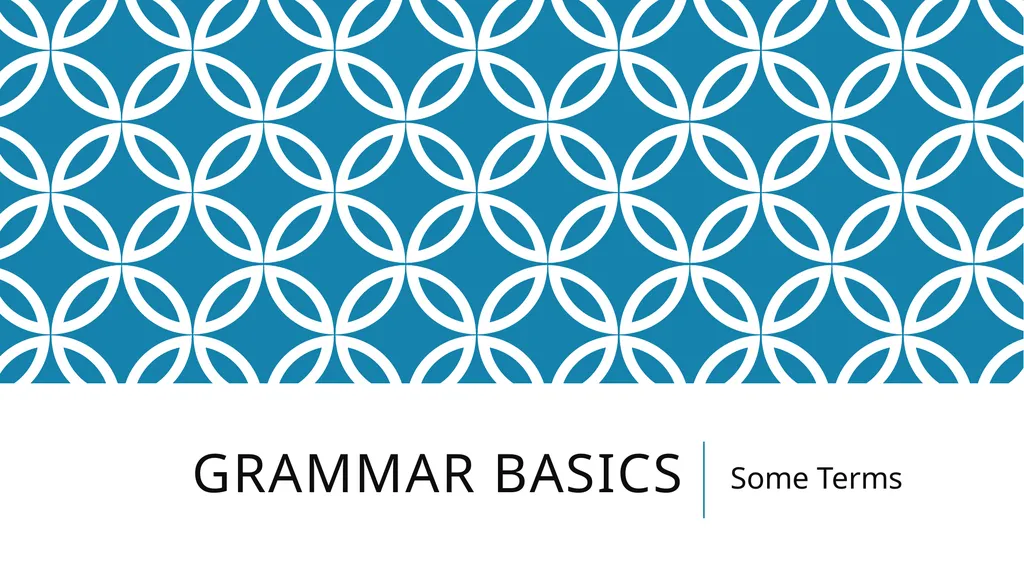
Author : karlyn-bohler | Published Date : 2025-05-13
Description: Grammar Basics Some Terms Why Learn Grammar? Knowing grammar will help you learn how to put sentences together. Knowing how to put sentences together will help you become a better writer. Becoming a better writer will help you expressDownload Presentation The PPT/PDF document "" is the property of its rightful owner. Permission is granted to download and print the materials on this website for personal, non-commercial use only, and to display it on your personal computer provided you do not modify the materials and that you retain all copyright notices contained in the materials. By downloading content from our website, you accept the terms of this agreement.
Here is the link to download the presentation.
"Grammar Basics Some Terms Why Learn Grammar?"The content belongs to its owner. You may download and print it for personal use, without modification, and keep all copyright notices. By downloading, you agree to these terms.

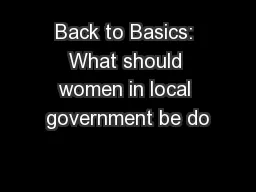

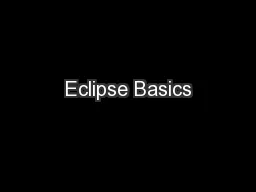



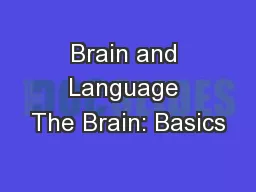



![[READ]-Some We Love, Some We Hate, Some We Eat [Second Edition]: Why It\'s So Hard...](https://thumbs.docslides.com/958172/read-some-we-love-some-we-hate-some-we-eat-second-edition-why-it-s-so-hard-to-think-straight-about-animals.jpg)

